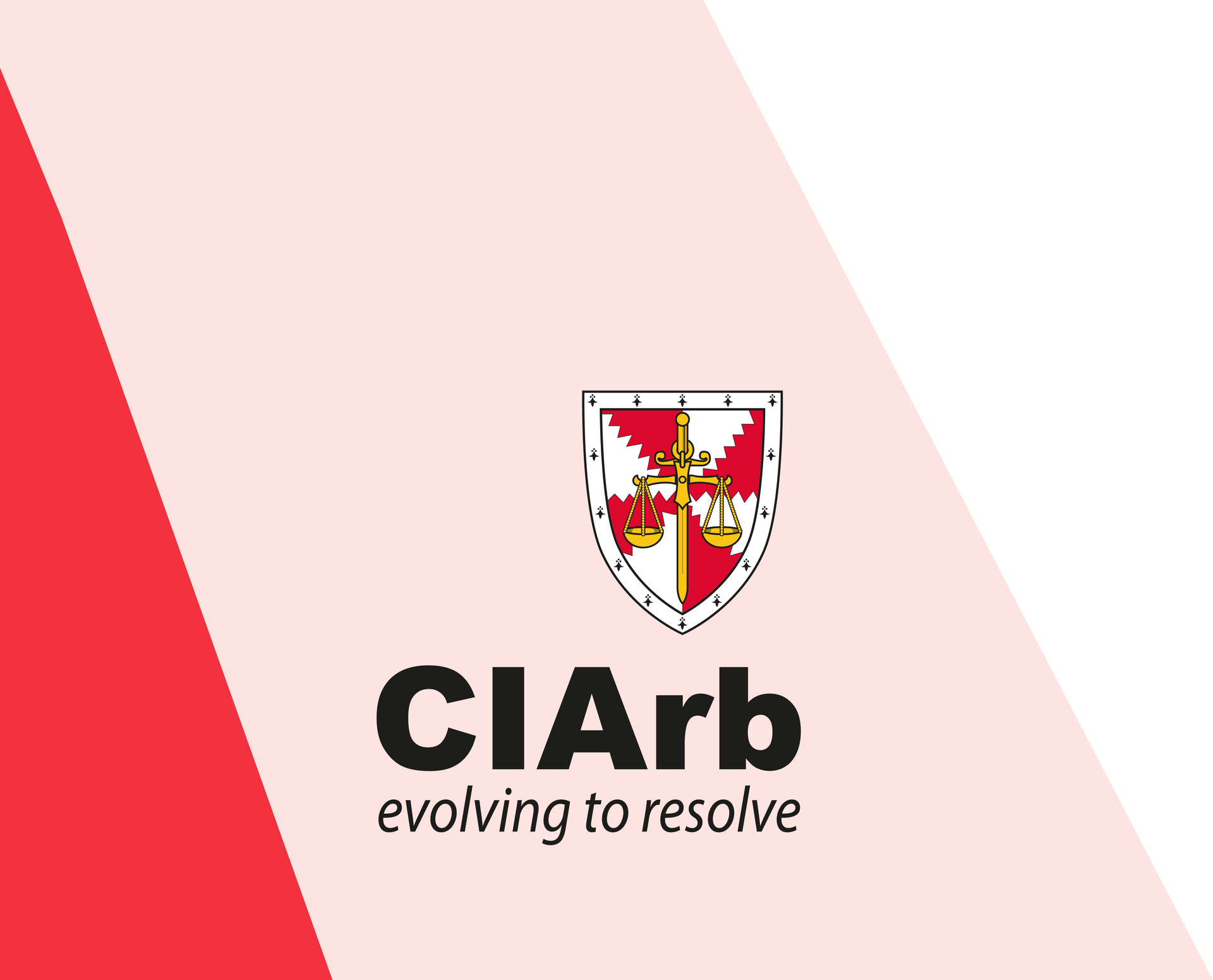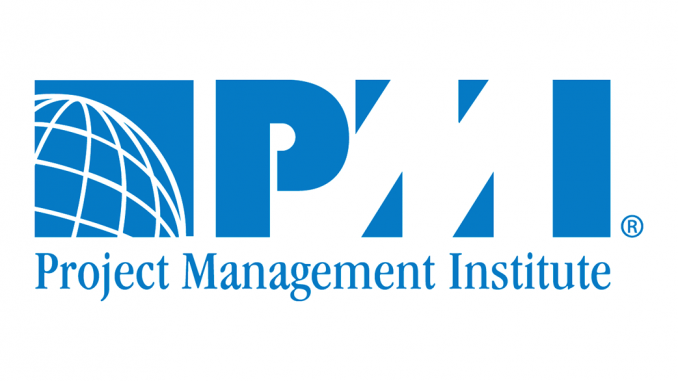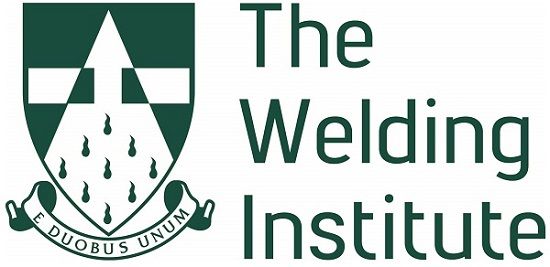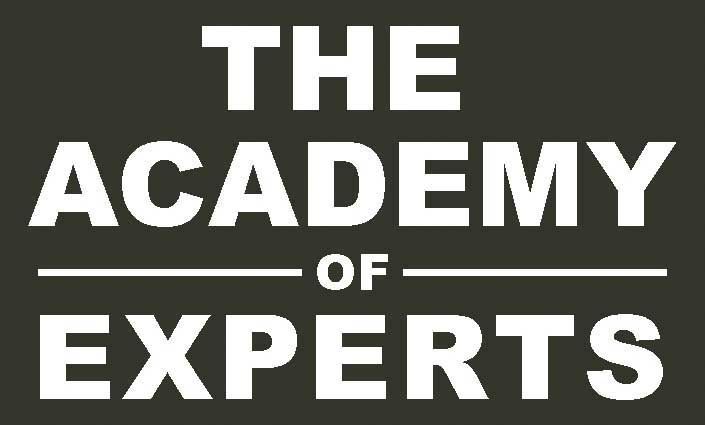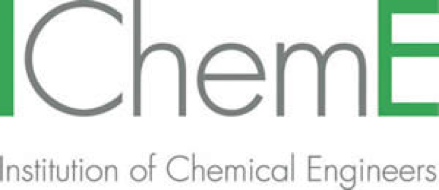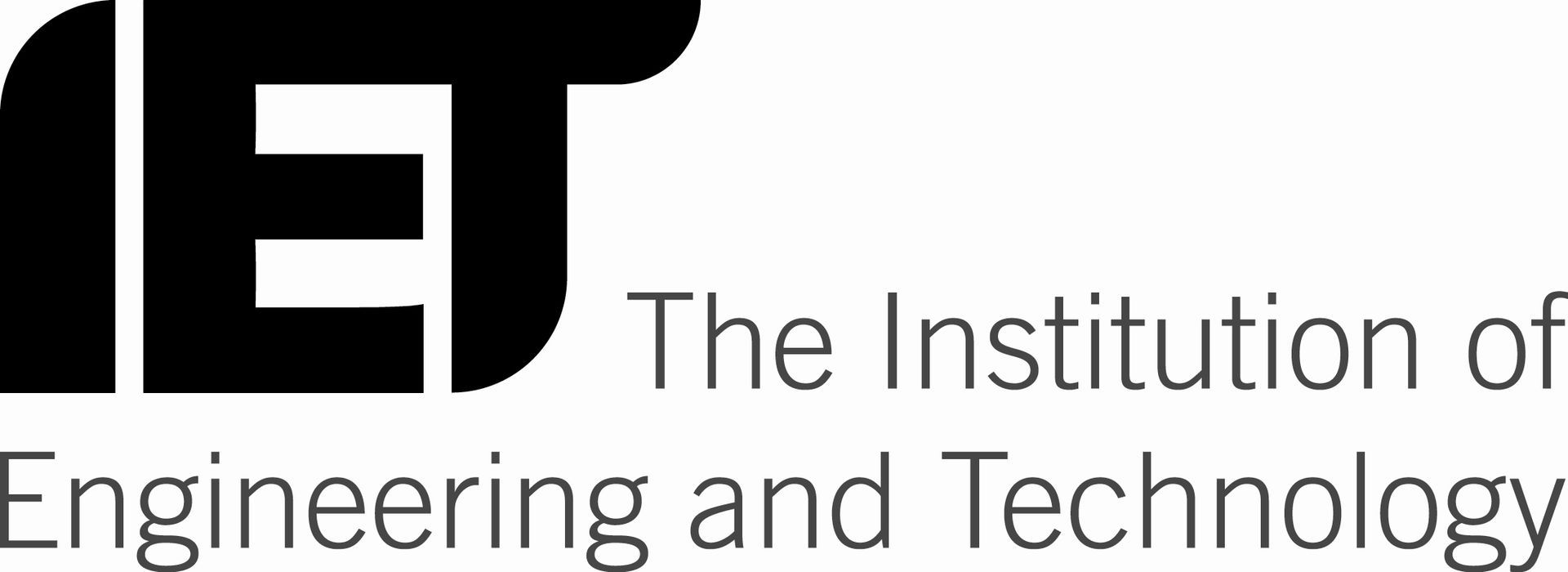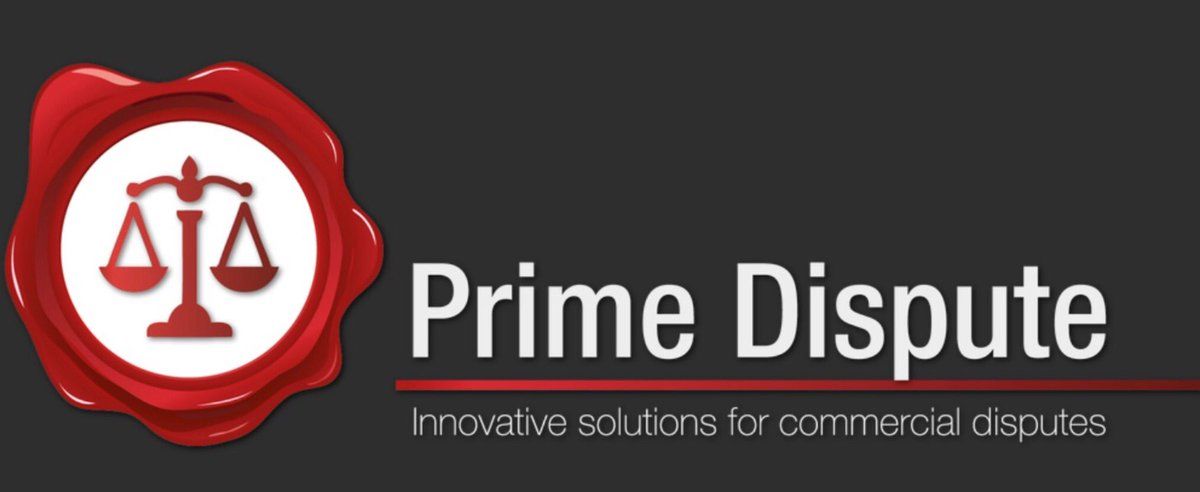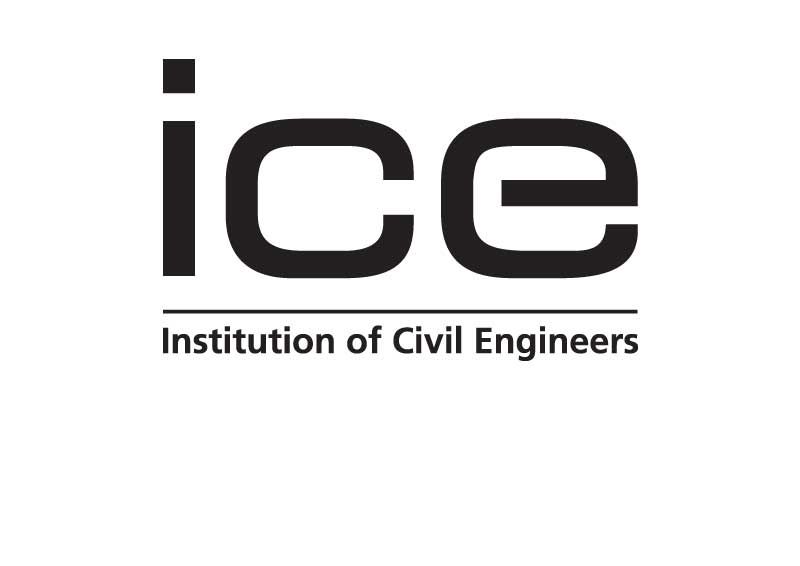Leading Expertise. Global Reach. Exceptional Results.
Forensic Delay and Quantum Analysis
At DAC Consulting Services, we specialise in Forensic Delay and Quantum Analysis for complex construction projects. Our globally recognised experts deliver comprehensive, evidence-based insights into disputes arising from engineering and construction delays, cost overruns, and other challenges. Whether supporting litigation, arbitration, or mediation, we provide impartial opinions that help courts, tribunals, and stakeholders understand the intricacies of project delays and their financial implications.
Our Expertise in Forensic Delay Analysis
Delay analysis is at the heart of construction dispute resolution. DAC’s delay experts are trusted worldwide to provide in-depth analyses of project timelines, identifying the causes and impacts of delays and disruptions. Our team has been appointed in over 50 major cases,
many involving high-stakes disputes under rules such as ICC, UNCITRAL, LCIA, DIFC, and SIAC.
1. What was planned? Examining the original project schedules and intentions.
2. What actually happened? Analysing deviations from the original plan.
3. What critical delay was incurred? Identifying the delays that affected the project’s critical path.
4. What caused these delays? Determining the events or issues that directly impacted the project schedule.

Approach and Methodologies
Our experts use a range of delay analysis methodologies tailored to the project’s complexity, available records, and dispute requirements. These include:
- Planned vs. Actual (Total Time Approach): Comparing the planned timeline with actual performance.
- As-Planned Impacted Analysis: Assessing the effect of specific events on the planned schedule.
- Collapsed As-Built Analysis: Determining how the project would have performed without certain delays.
- Time Impact Analysis: Evaluating the impact of specific changes or delays on the schedule.
- Windows Analysis: Breaking the project timeline into windows to analyse delays in detail.

Key Advantages of DAC’s Forensic Delay and Quantum Analysis

Multidisciplinary Expertise
Our delay and quantum experts collaborate closely with technical specialists, ensuring analyses are informed by industry-specific insights.

Comprehensive Training
Our experts regularly present at international conferences,
contribute to leading organisations like the Society of Construction Law, and stay
up-to-date with best practices.
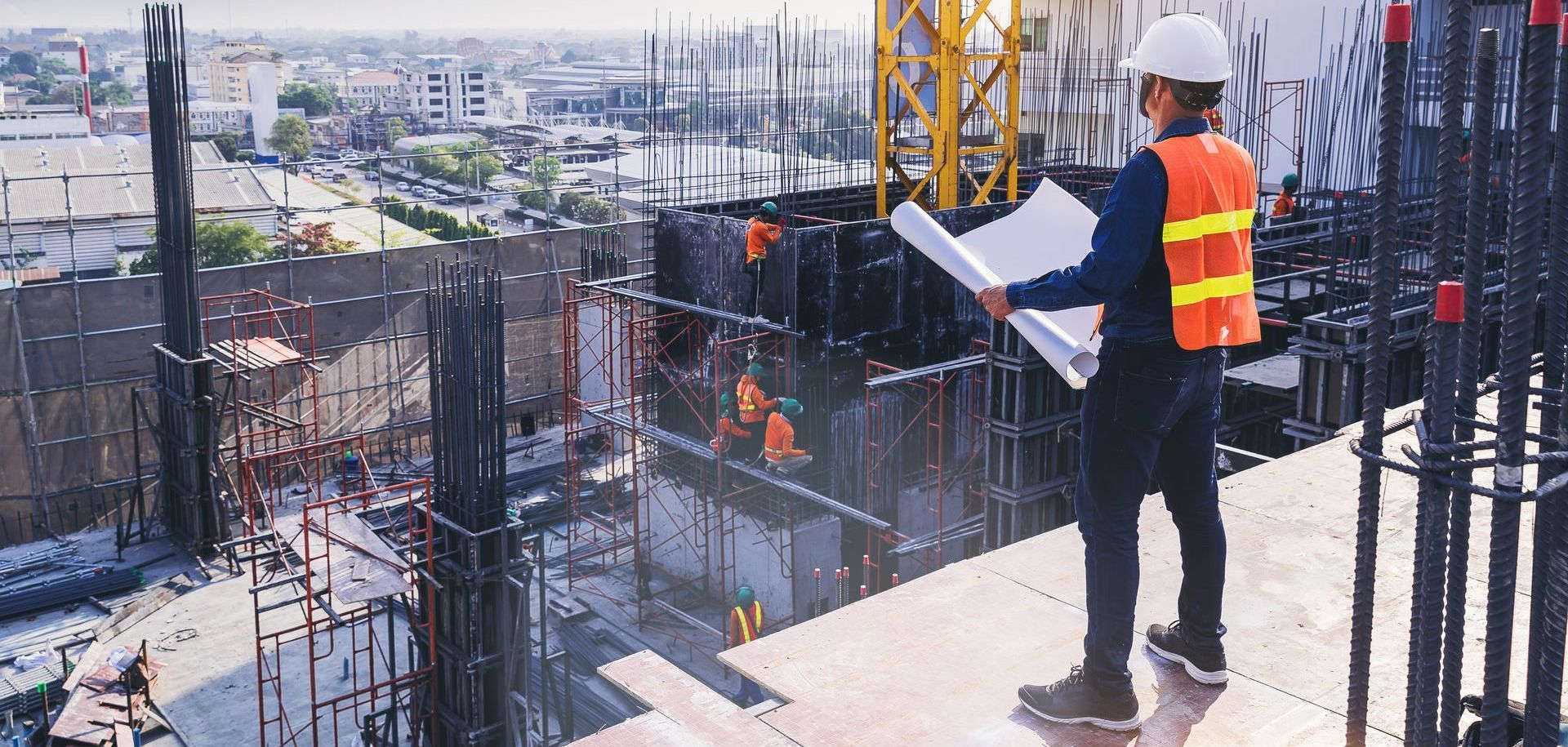
Proven Track Record
DAC has successfully handled disputes across a wide range of projects, including geothermal plants, pipelines, LNG facilities, refineries, and wind farms.

Practical Guidance
We use our findings to help clients understand project evolution, identify productivity issues, and pinpoint variations or changes impacting timelines and costs.
Projects We Support

DAC’s experts have worked on an extensive range of construction and engineering projects, including:
- Geothermal Plants
- Infrastructure and Water/Gas Facilities
- FPSOs (Floating Production Storage and Offloading units)
- Pipelines and LNG Facilities
- Refineries and Oil/Gas Platforms
- Power Plants and Renewable Energy Projects (Solar and Wind Farms)
- Waste and Water Treatment Facilities
- Recycling and Manufacturing Plants
Why Choose DAC for Forensic Delay and Quantum Analysis?

Integrated Expertise
Few companies can offer combined technical, delay, and quantum expertise, ensuring a seamless and comprehensive analysis.

Global Presence
Our experts are strategically located worldwide, providing local insights with global standards.

Credibility
DAC experts have been cross-examined in High Court litigation and international arbitration, earning a reputation for impartiality and reliability.

Client-Centric Approach
We tailor our methodologies and analyses to meet the
unique requirements of each case, ensuring clarity and effectiveness.
Core Principles of DAC’s Quantum Analysis
Read more
Core Principles of DAC’s Quantum Analysis
- Fact-Based Approach: Relying on contractual and project records to assess claims.
- Accuracy and Methodology: Applying robust methodologies to ensure the calculations withstand scrutiny.
- Integration with Delay Analysis: Aligning quantum assessments with delay findings for a cohesive narrative.
Applications in Construction Disputes
Read more
Applications in Construction Disputes
- Prolongation Claims: Evaluating costs incurred due to project extensions.
- Disruption Claims: Assessing productivity losses and resource inefficiencies.
- Delay in Start-Up (DSU) Claims: Supporting insurance claims related to business interruption caused by delays.
- Global Claims: Analysing and deconstructing bundled claims for clarity.
Our quantum experts are supported by associates who organise and analyse vast amounts of project data, ensuring every calculation is grounded in factual and contextual accuracy.
Guidance for Clients
DAC strongly recommends engaging our experts early in the dispute process. Early involvement allows sufficient time to review evidence, identify gaps, and request additional
information, ensuring a robust First Report. A well-prepared First Report lays the foundation for successful dispute resolution, as it provides a clear and fact-based narrative for tribunals or courts to consider.

Get in Touch
At DAC Consulting Services, we bring unparalleled expertise to delay and quantum analyses, ensuring your dispute is supported by robust, reliable evidence.
Contact us today to discuss how our Forensic Delay and Quantum Analysis services can assist with your project or dispute.

















